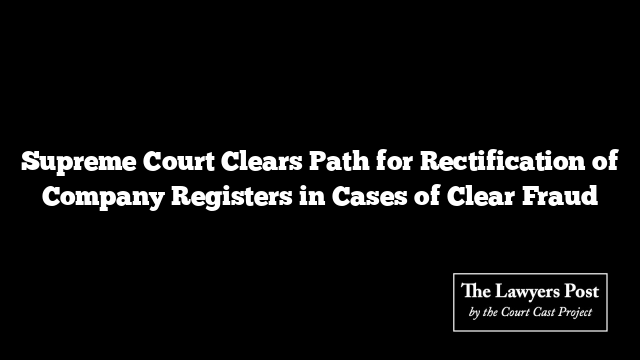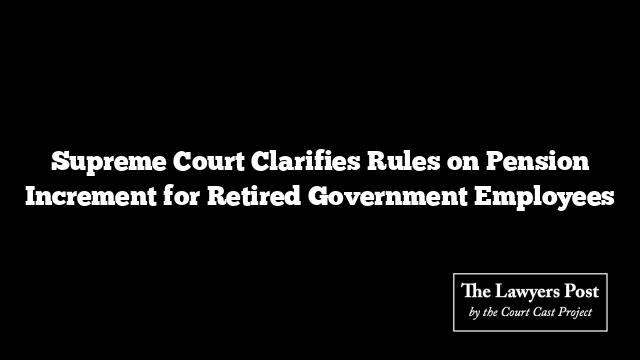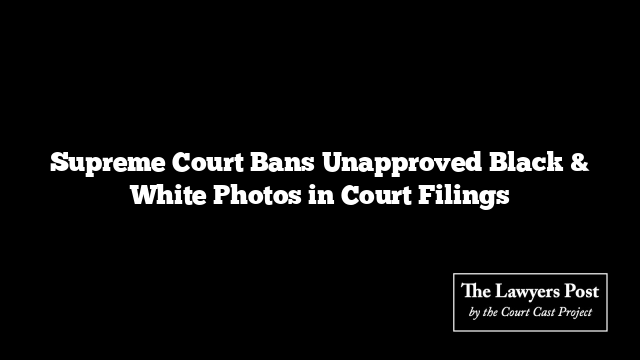In a landmark decision, the Supreme Court has clarified that Company Law Tribunals have the authority to rectify the register of members under the Companies Act of 2013 when an applicant is clearly a victim of fraud.
The Court, led by Justices Sanjiv Khanna and Sanjay Kumar, emphasized that the process of rectification involves correcting significant errors or omissions that should have been addressed but were not. They noted that company courts must thoroughly evaluate the facts, evidence, and arguments presented before them in such cases.
The ruling underscores that the National Company Law Tribunal (NCLT) and the National Company Law Appellate Tribunal (NCLAT) need to exercise due diligence and cannot dismiss cases without a detailed examination. The decision is grounded in the case of Adesh Kaur v. Eicher Motors Limited, where the Court affirmed that if a clear case of fraud is established, the Tribunal has the jurisdiction to rectify the records under Section 59 of the Companies Act 2013.
The case in question involved a company engaged in software development in Andhra Pradesh. The appellants, who had acquired significant shares, discovered that their shareholding was erased from the company records following the company’s name being struck off by the Registrar of Companies. Despite initial interim relief granted by the NCLT, both the NCLT and NCLAT ultimately dismissed the appellants’ case.
The Supreme Court criticized the NCLT’s final order for its superficial treatment of evidence and the NCLAT’s flawed conclusions regarding financial transactions. The Court found that both Tribunals failed to adequately investigate the validity of share transfers and payments, leading to unjust dismissal of the appellants’ claims.
The Supreme Court has now directed the NCLT Amaravati Bench to reconsider the case with full attention to the evidence and arguments, ensuring a fair evaluation of the rectification petition. This decision reinforces the importance of meticulous review and fair adjudication in cases involving corporate fraud and rectification.





